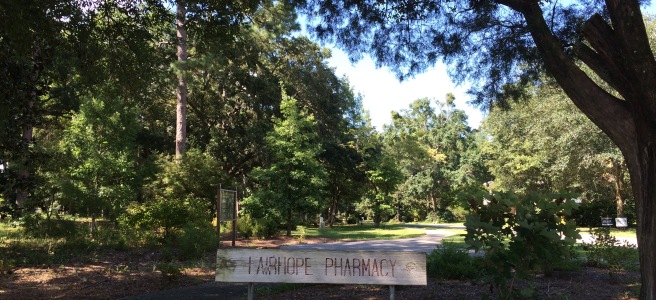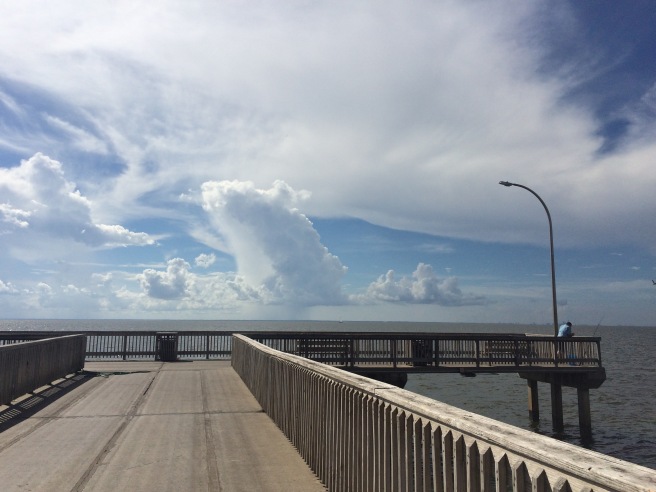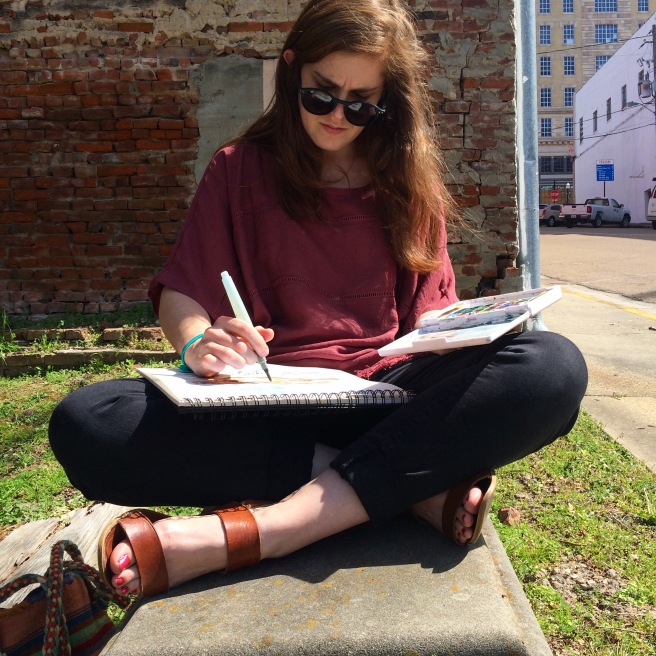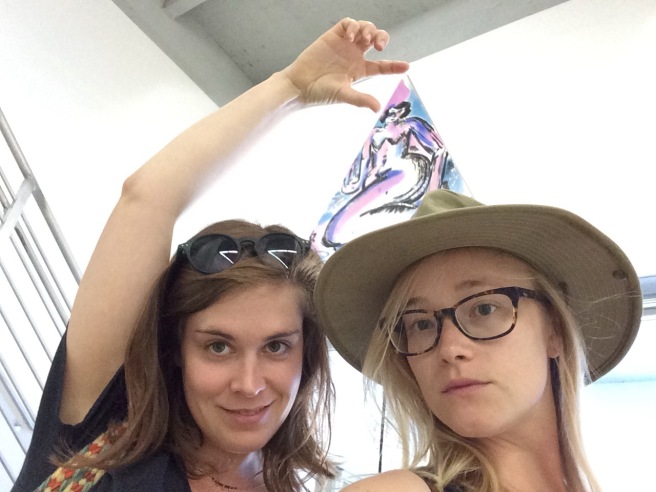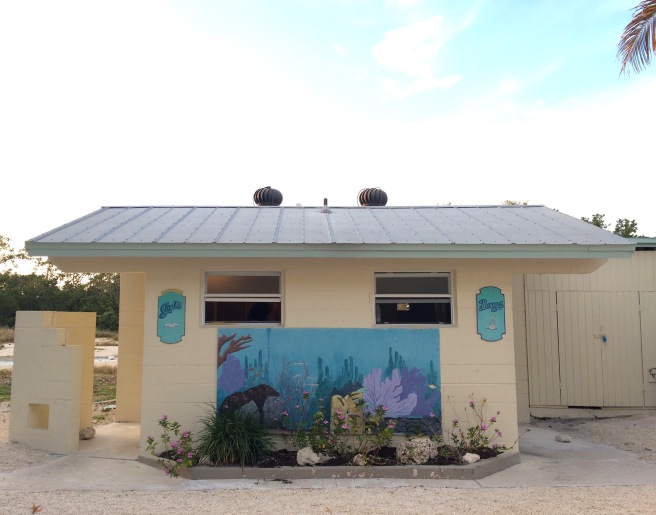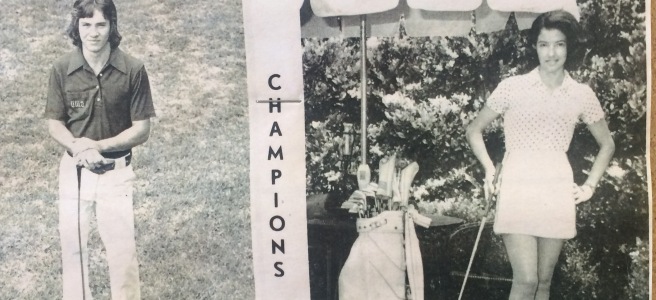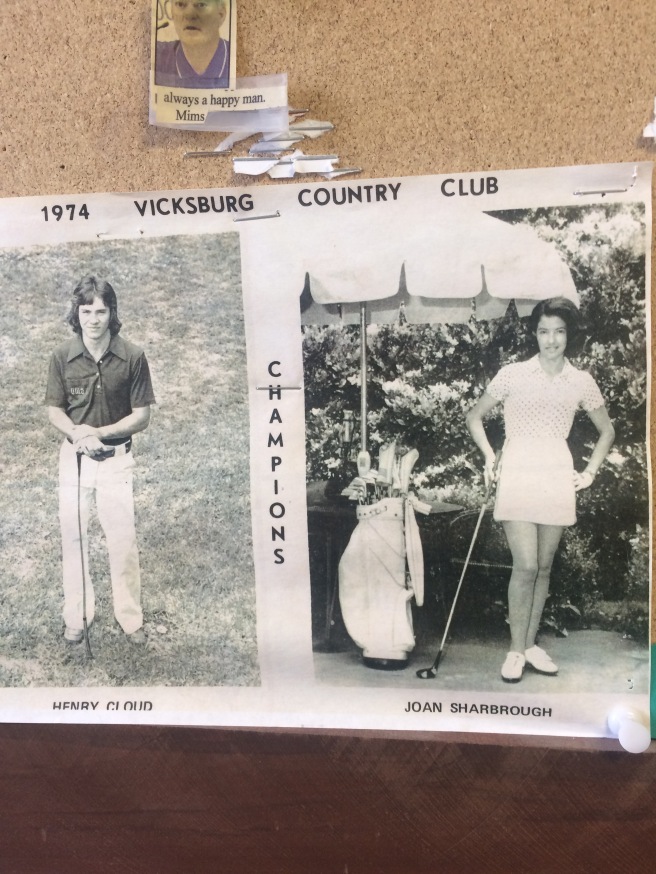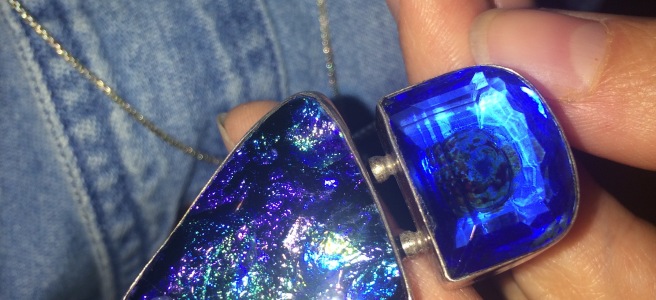It’s been a year since I moved to Tallahassee, Florida. On the road trip, I had this unexpected desire to live in a house and cultivate a garden. I am now sure that this urge was metaphorical. I’ve sprinkled seeds around, and they’ve taken with a few friends, but my potted plants are less than miraculous.
I spend most of my time with writers, and like with all things numerous, I try to organize and categorize the kinds of writers in my mind. The best kind fill their endlessly open belly-hearts with the writing and work they do, giving it, spinning it out as a gift. Others already are full and self-satisfied, closed-up and final versions of themselves who may create but have to simply hitch their good work onto the back of their train-car like a welcome caboose they drag around. Some writers feel desperately small, but know that the stuff of which they are made is good, and so they hope to grow, building a schema high above their heads which they write to fill with stuff as good as themselves. Many are shocked at what they do, like people who seem surprised and amazed that they are the parent of a brilliant child. I hope to be the first; I fear I’m the third. There is, of course, another kind of self-satisfied person, one so complete they don’t even need to write, one who feels no lack at all. They are a vision of contentment, reminding me to breathe, but also reminding me that I have to work — I have to write.
But all of this categorization I do is meaningless. My friend and soon-to-be roommate, Mat, told me yesterday how he resists the language of trying to “understand” yourself because of its futility in accounting for our constant rotation on a thousand axes of mood, physical comfort, company, hormones, heat and cold, drugs, smells, love, longing, memory, and age (I’m extrapolating). Thich Nhat Hanh marvelously corrected the Western world when he explained that we don’t find ourselves. Instead, we create ourselves. I am reading Faulkner’s wild and difficult Absalom, Absalom! for the first time, and I cannot help but laugh at how absolute a value I apply to others’ approval — and how I think any one way is better than another to write this novel that I am working on. How could anyone have told Faulkner, first draft in their hands, that he was writing a good story? Only he could have.
Perhaps only the habit of creating can keep our minds and bellies and hearts open to the thousands of ways of seeing and being. (Even Thich Nhat Hanh seems to write books constantly.) While I’ve barely planted that garden I longed for back when I had no dirt of my own for a year, I have cultivated, here in Tallahassee, the habit of creation.

